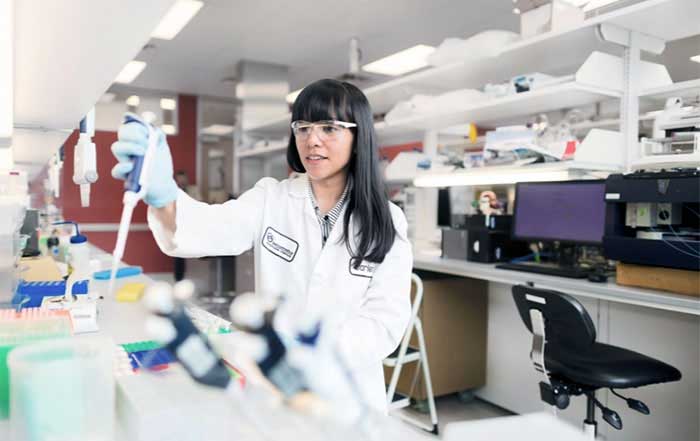Genomatica (Geno), a leader in biotech and sustainability and Unilever have launched a venture to scale and commercialize alternatives to palm oil and fossil fuel-derived cleansing ingredients. These are integral to the formulations of thousands of everyday cleaning and personal care products. With growing demand for sustainably-sourced palm oil, this venture aims to deliver additional responsibly sourced palm oil alternatives to the market.
With $120m jointly invested in the newly-formed initiative, and with other strategic investors expected to join, the venture will develop an alternative, plant-based ingredient using biotechnology. The innovation is particularly relevant to cleaning and personal care products that require ingredients to lather and lift dirt. But at present, there are few viable alternatives to palm and fossil sources that can be produced at scale in order to make those ingredients. As such, the venture offers the opportunity to tap into the combined $625b home and personal care markets. For Unilever, one of the world's biggest soap and detergent manufacturers, this is the largest investment in biotechnology alternatives to palm oil to date.
Companies like Unilever, whose products are used globally by 3.4b people each day, are increasingly partnering with biotechnology innovators like Geno to explore, develop, and manufacture new versions of traditionally-sourced ingredients. While palm oil will remain an important feedstock to Unilever, these alternative ingredients can play a growing role in diversifying supply chains to drive optionality, sustainability, cost efficiencies and transparency.
Geno will deploy its proven biotechnology platform and is already starting to scale the process for its advanced technology to produce the ingredients. Initial estimates have shown that companies could reduce the carbon footprint of palm-derived ingredients by up to 50% with this technology-driven, plant based alternative.
"Biotechnology has the potential to revolutionise the sourcing of our cleansing ingredients and ensure Unilever is a future-fit business – for consumers, shareholders and the planet we all share. This new venture will sit at the intersection of science and sustainability, meaning we can continue to grow our business without relying only on palm oil or fossil fuel derivatives, while also making our supply chains more resilient from having access to ingredient alternatives.
"We will be marrying science and nature to make sure there is no tradeoff for our consumers between the efficacy and sustainability of their products. We are building this innovative new venture to have the scale to drive real impact and change in our industry, helping to reinvent the chemistry of home and personal care products for the 21st Century."
About Genomatica (Geno). Geno is harnessing biology to remake everyday products and materials built by and for the planet. In response to the urgent climate crisis, Geno is developing and scaling sustainable materials derived from plant- or waste-based feedstocks instead of fossil fuels. Geno's technology, built over the last 20 years, now drives materials and ingredients in applications ranging from cosmetics, carpets, to home cleaners, apparel and more. Geno uses the power of biotechnology to convert plant-based raw materials into chemical building blocks that are key components of widely used materials.
About Unilever. Unilever is one of the world's leading suppliers of Beauty & Personal Care, Home Care, and Foods & Refreshment products, with sales in over 190 countries and products used by 3.4 billion people every day. We have 148,000 employees and generated sales of €52.4 billion in 2021. Over half of our footprint is in developing and emerging markets. We have around 400 brands found in homes all over the world – including iconic global brands like Dove, Lifebuoy, Knorr, Magnum, OMO and Surf; and other brands such as Love Beauty & Planet, Hourglass, Seventh Generation and The Vegetarian Butcher.




